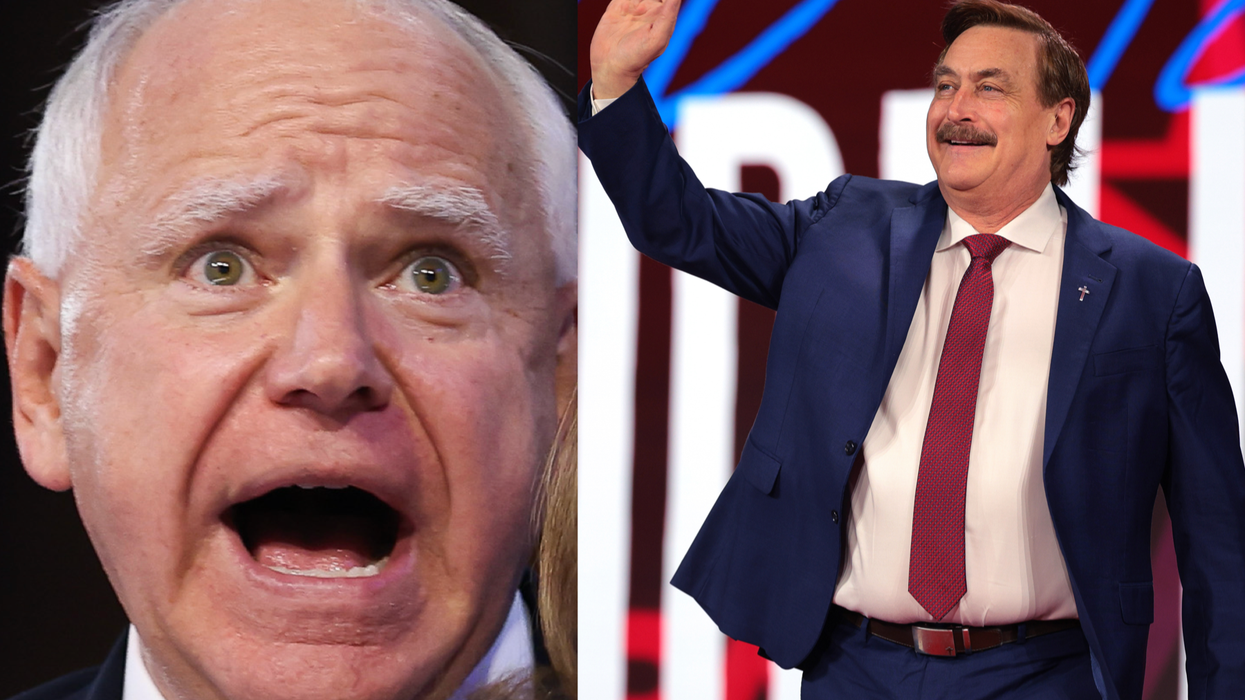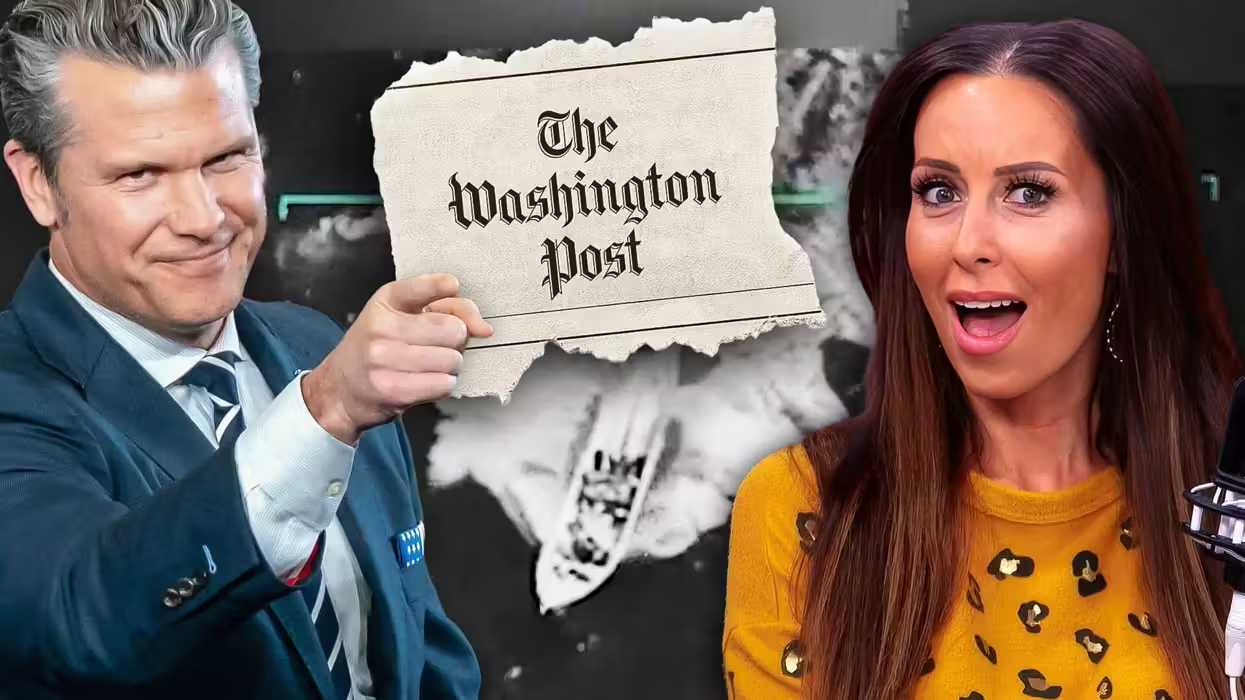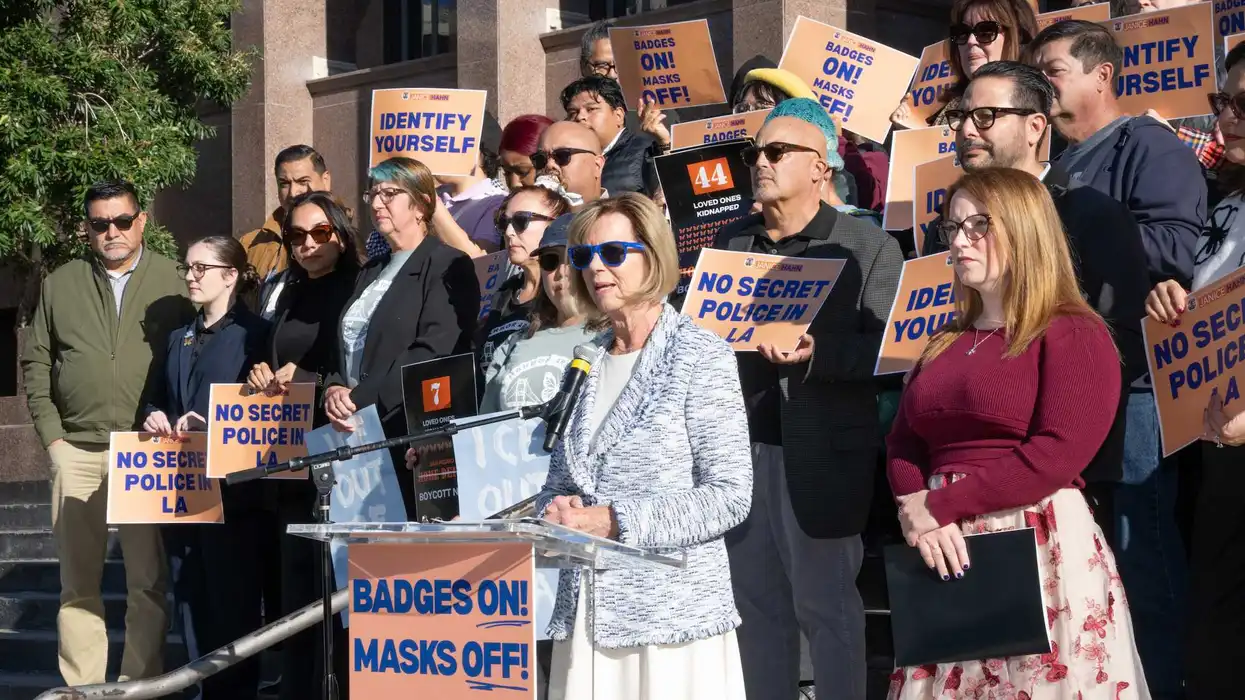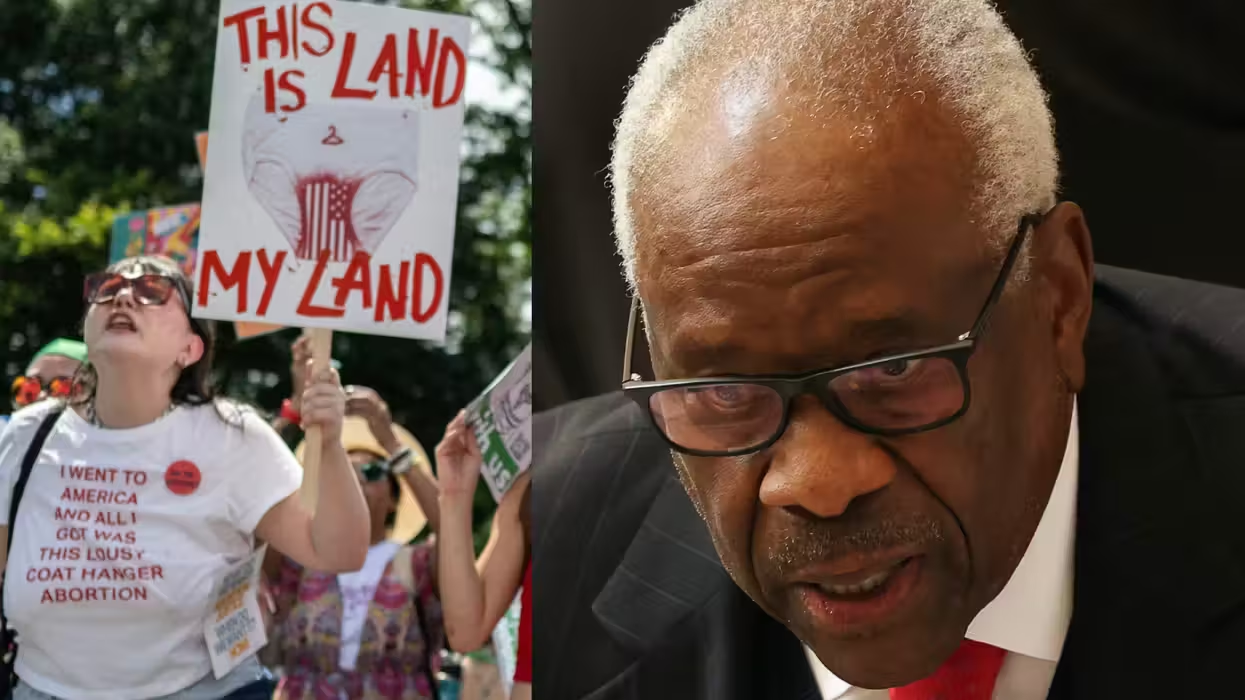
© 2025 Blaze Media LLC. All rights reserved.
New Less-Redacted FCC Investigation Report on Google 'Wi-Spy' Case Raises 'New Questions
April 30, 2012
"it’s unlikely this topic will go away any time soon."

After the Federal Communications Commission had slapped Google with a $25,000 fine earlier this month in concluding its investigation into the Street View project collecting data from open wireless networks of residences and businesses, Google has fired back releasing the full report of the investigation as it seeks to clear its name.
Google's less redacted report of the investigation compared to the FCC's, the Los Angeles Times reports, only raises "new questions about how Google captured personal information over a two-year period." One of these is the contradiction between Google's argument that the data collection was "inadvertent":
The report points the finger at a rogue engineer who, it says, intentionally wrote software code that captured payload data information -- communication over the Internet including emails, passwords and search history -- from unprotected wireless networks, going beyond what Google says it intended. The engineer invoked his 5th Amendment right and declined to speak to the FCC.
Even still, according to the FCC report, Google seems to have had the opportunity to at least have known this data collection was going on. The report states this engineer had told two other engineers about the data collection and also provided the Street View team with a document in 2006 that included he would be logging this information. Here's what those on the team had to say about this alleged document:
Those working on Street View told the FCC they had no knowledge that the payload data was being collected. Managers of the Street View program said they did not read the October 2006 document. A different engineer remembered receiving the document but did not recall any reference to the collection of payload data. An engineer who worked closely with the engineer in question on the project in 2007, reviewing all of the codes line by line for bugs, says he did not notice that the software was designed to capture payload data. A senior manager said he preapproved the document before it was written.
FCC's investigation found in 2010 that Google's Street View cars "collected names, addresses, telephone numbers, URLs, passwords, email, text messages, medical records, video and audio files, and other information from Internet users in the United States" as well as Canada and some European countries.
Even so, the fine imposed by the FCC was not over the collection of the data being illegal. It stated since the wireless networks from which the info was obtained were unsecured, it was not an illegal action. The fine was issued for Google impeding the FCC's investigation, which the company has denied doing.
In a 14-page letter issued last week, Google is not trying to get out of the fine but does dispute the FCC's reasoning for imposing one.
In its letter, Google argues that the 17-month inquiry would have gone much more quickly if the FCC hadn't dawdled so much. In some instances, Google says the FCC took seven to 12 weeks to respond to information that the company had submitted to the agency.
The FCC's delays were so frequent and lengthy, according to Google, that the agency's legal window for completing the investigation would have closed if the company hadn't agreed to a seven-month extension.
"That is hardly the act of a party stonewalling an investigation," Google lawyer E. Ashton Johnston wrote in the letter to P. Michele Ellison, the chief of the FCC's enforcement bureau. "Rather, it is a demonstration of Google's interest in cooperating and allowing the FCC time to conduct a thorough investigation."
FCC spokeswoman Tammy Sun said the agency stands behind the work of its staff.
"In promising to pay the bureau's penalty, the company has rightly admitted wrongdoing," Sun said of Google.
A Google spokesperson emailed the LA Times saying with the report now made public, the company hopes it “can now put this matter behind us”. But some, like SlashGear, speculate privacy advocacy groups are now getting "their teeth into the freshly released report" and "it’s unlikely this topic will go away any time soon."
The Wall Street Journal notes the Electronic Privacy Information Center recently petitioned the Department of Justice to consider the issue, believing the$25,000 fine didn't go far enough for the privacy infraction.
The Associated Press contributed to this report.
Want to leave a tip?
We answer to you. Help keep our content free of advertisers and big tech censorship by leaving a tip today.
Want to join the conversation?
Already a subscriber?
more stories
Sign up for the Blaze newsletter
By signing up, you agree to our Privacy Policy and Terms of Use, and agree to receive content that may sometimes include advertisements. You may opt out at any time.
Related Content
© 2025 Blaze Media LLC. All rights reserved.
Get the stories that matter most delivered directly to your inbox.
By signing up, you agree to our Privacy Policy and Terms of Use, and agree to receive content that may sometimes include advertisements. You may opt out at any time.






